Impacts: 4-H Programs
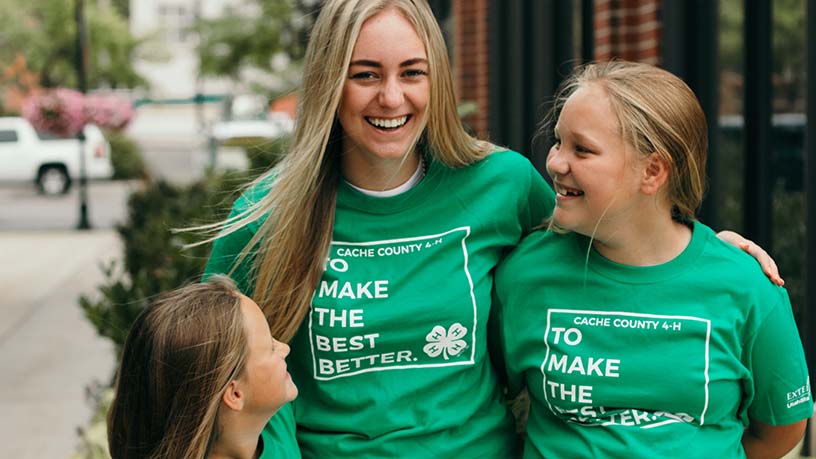
During the spring and summer of 1912, the Utah 4-H program began with Utah State Agricultural College employee James C. Hogensen touring Utah and organizing Boys Potato Growing Clubs in counties across the state. By 1914, Hogensen reported that nine clubs for boys and girls had been organized: corn, market garden, potato, apple, poultry, sugar beets and mangels, breadmaking, flower gardening, and sewing.
From these early roots, the 4-H program has grown to meet the needs of diverse populations across the state. Today, Utah State University Extension 4-H faculty, staff and volunteers work with youth on a wide range of topics to spark interest in 4-H projects ranging from livestock to computer science. No matter the project area, programs provide youth opportunities to develop a sense of belonging, independence, generosity, and mastery. These skills will help them be successful in life and become contributing members of society.
Challenges associated with the ongoing pandemic have made 2020 a difficult year to navigate. I have been most impressed with the commitment that 4-H has shown to serve youth and the community, making extraordinary effort in these times to plan and execute safe and meaningful programs for youth across the state. I invite you to take a look at the information provided here and see the impact that USU Extension 4-H continues to have on our Utah youth.
Sincerely,
Dave Francis, Director of Utah 4-H and Youth Development, Extension Professor
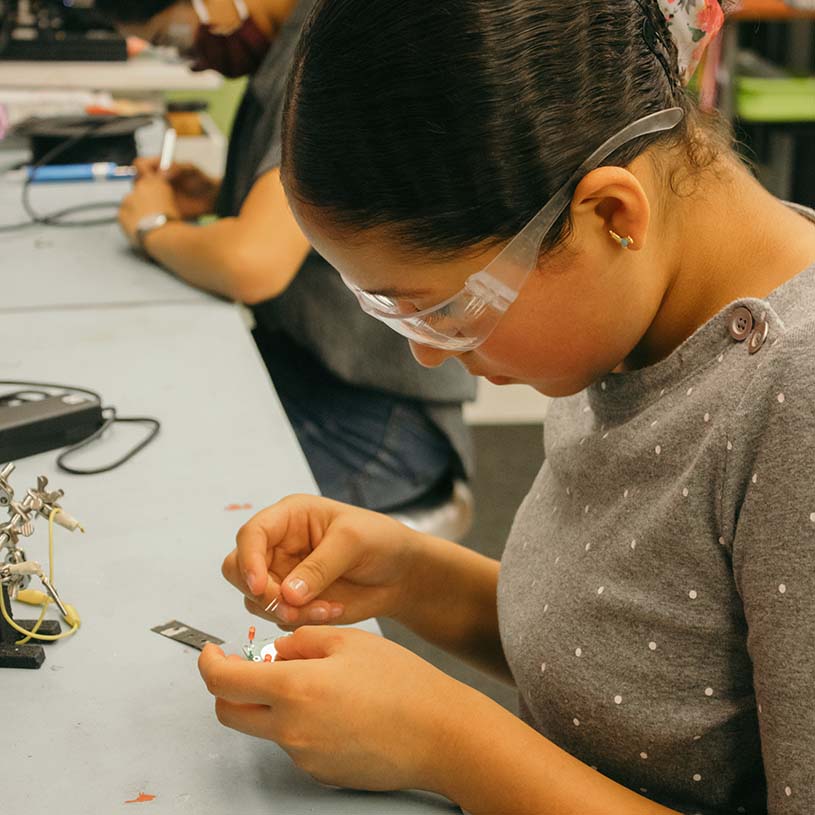
4-H Statistics for 2020
- 14,821 youth were enrolled in the Utah 4-H youth program
- ~3,000 adult mentors and volunteers supported the youth
- 1,168 4-H clubs
Discover 4-H Curriculum Guides
- 87 guides
- 138,000 downloads
- 50 states with downloads
- 43 foreign countries with downloads
During the summer:
- 10,000+ 4-H at-home kits were provided to youth throughout the state who were unable to meet
- 6,000+ were STEM-based education kits
For underserved populations, during the first pandemic period (March-June):
590 take-home afterschool kits were provided for economically disadvantaged familiesSince school started in September:
2,077 "at-home" club kits were provided to youth, allowing them to participate in four to five sessions of club activities in their homes4-H Program for Refugees and New Americans
The 4-H Program for Refugees and New Americans began in 2014 to provide peer-to-peer learning across cultural lines and mainstream/refugee adult interaction. Most youth in the program immigrated to the U.S. from war-torn or politically unsafe countries. Some were sent by their parents to live with relatives; others were lucky enough to come with their families. The youth in the program come from a wide range of backgrounds, from non-English speakers to those who speak English well. The youth face the challenges of a new culture, new foods, different ways of resolving conflict, and new technologies. For many of the families, 4-H is the only extracurricular activity their youth are involved in. The 4-H program works to build life skills and help these “new American youth” adapt and integrate into the society that has adopted them.
General impacts from this program include:
- Improved literacy
- Increased happiness
- Improved ability to make friends
- Increased confidence
- Improved English language skills
- Increased peer time
- Increased family activity time
- Improved sense of belonging
The refugee program consists of three areas:
4-H Club Programs (2019-2020)
Traditional 4-H clubs based on project areas of interest
Programs are run by staff or community volunteers. Club topics change each year, adapting to the youth needs and events, such as COVID-19.
USU Extension 4-H helps me:
- Learn new skills 87% agreed
- Improve my public speaking skills 89% agreed
- Work with a team 86% agreed
- Increase my confidence 71% agreed
- Improve my critical thinking skills 64% agreed
- Improve my quality of life 72% agreed
- Improve my relationships with others 82% agreed
- Have adults in my life who care about me 75% agreed
- Lead a healthier life 73% agreed
Programs are run by staff or community volunteers. Club topics change each year, adapting to the youth needs and events, such as COVID-19.
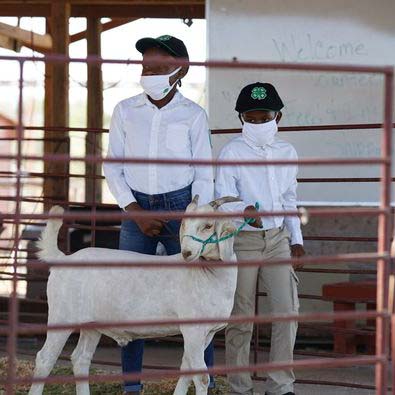
Youth Leadership Series
A 10-week course to help build leadership skills
New American teens can apply to be part of this leadership cohort to improve their developing leadership skills. The program focuses on personal, organizational, and community leadership.
Guest speakers from the refugee community and partnering agencies present to the youth each week. Youth learn through attending interactive workshops, building teamwork at a ropes course, and touring the state capitol with visits from political officers.
Highlights of significant things youth reported learning:
- Inclusiveness
- How to be brave enough to share opinions
- To love others from different cultures and backgrounds
- How to work together
- Everyone is equal, no matter where you came from
- Public speaking
- Trust
- Not to judge others when you don’t know their story
- Respect

Refugee Internship Program
Career development experiences for refugees from 16 to 19 years old, funded by DWS and in partnership with community businesses.
In 2019, the Department of Workforce Services (DWS) approached 4-H to develop and expand a program they started that provides training and experiences to develop career skills and enhance options for future employment. From basic resume writing to opening their first bank account, youth accepted into this program were mentored by 4-H staff and community partners. Sixty-six youth applied for the 4-H New American Program for the 2020 summer internships, but due to COVID-19 restrictions and available partnering community businesses, the program could only accept 29 youth. The program provided 200 hours of internship opportunities in partnership with Wheeler Farm, afterschool programs, and city and county departments. Youth participated in weekly workshops and learned new concepts to help improve life skills, self-confidence, communication, financial goals, and sense of purpose.
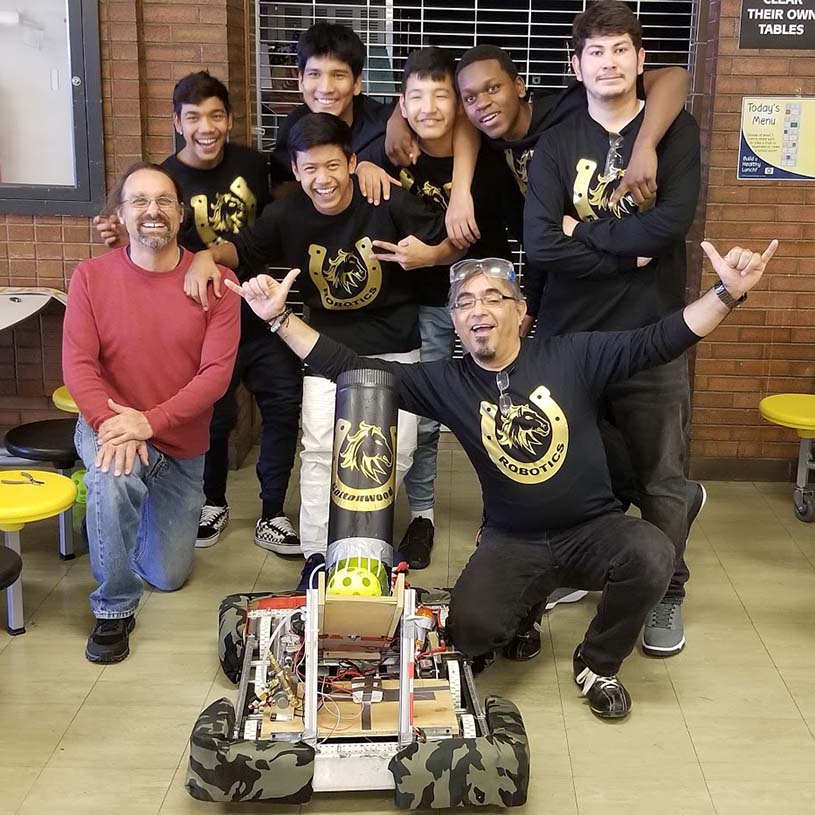
Adult Volunteer Training
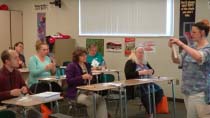
More than 3,000 adults have attended state volunteer training.
Post survey results showed:
- 99% learned something new
- 98% would recommend the forum to others
- 95% had increased knowledge
- 75% had increased skills
- 52% had improved attitudes related to 4-H
- 14% changed their behavior by the 3-week follow-up
Respondents also reported that they:
- Implemented new programs
- Strengthened existing programs
- Improved 4-H environments
- Benefited from networking opportunities
Health & Wellness
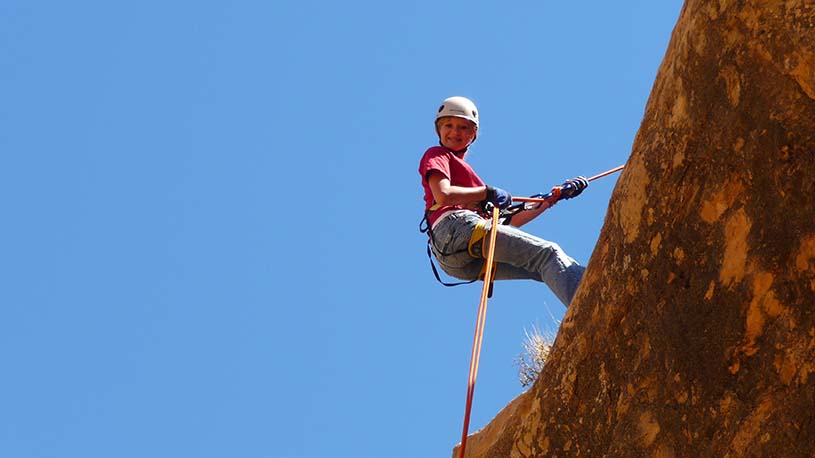
- 28,931 youth participants
- 760 teen volunteers
Classes taught included:
- Health and nutrition
- Physical activity
- Mindfulness
- MyPlate
After completing the program, participants reported:
- 100% Paying closer attention to the amount of fruits and vegetables they eat
- 100% Paying closer attention to the amount of water/sugary drinks they consume
- 35% Eating breakfast every day
- 44% Eating a meal with their family every day
- 2% Eating fast food every day or most days
4-H Mentoring
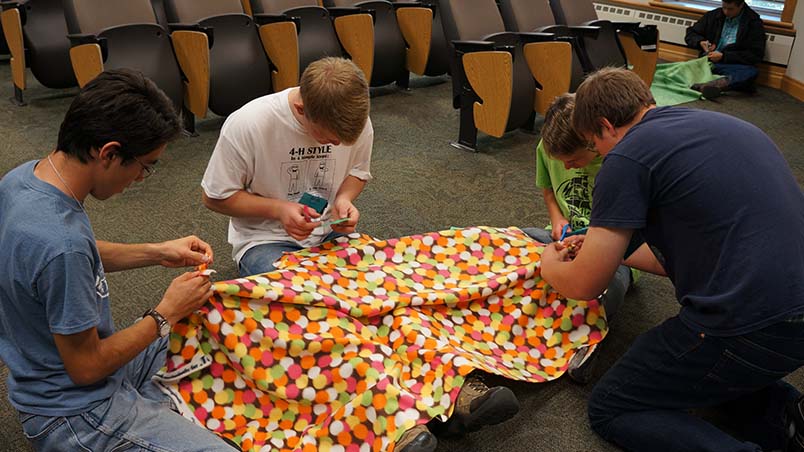
For over 20 years, the 4-H Mentoring program in Utah has provided one-on-one or group mentoring services as a way to combat delinquent youth behavior. 4-H Mentoring is designed for youth ages 9-15 and their families, and youth are matched with young adult mentors who work to establish caring relationships with them. The program allows youth to develop their interpersonal and academic skills by participating in structured recreation, community service, and community youth groups. The program also offers family activities that encourage parent and family involvement.
4-H Mentoring has established that one-on-one and group mentoring is a vital component to the future well-being of youth, and that by strengthening family bonds, youth are more successful in school and show significantly decreased delinquent behavior. The 4-H involvement component strengthens the youth commitment to community, exposes them to a wide variety of projects, and helps them learn new skills.
Utah's 4-H Mentoring program is an evidence-based program that has been designated as a model nationally and is one of only three mentoring programs selected by the Office of Juvenile Justice and Delinquency Prevention as a model program for national replication.
Program goals and objectives include:
- Reduce delinquent behavior, including juvenile delinquency, opioid and substance use, and other risk factors.
- Improve positive outcomes in at-risk youth, including improved academic performance and increased social competencies.
- Strengthen family relationships and attachment to the community by increasing family engagement in the program.
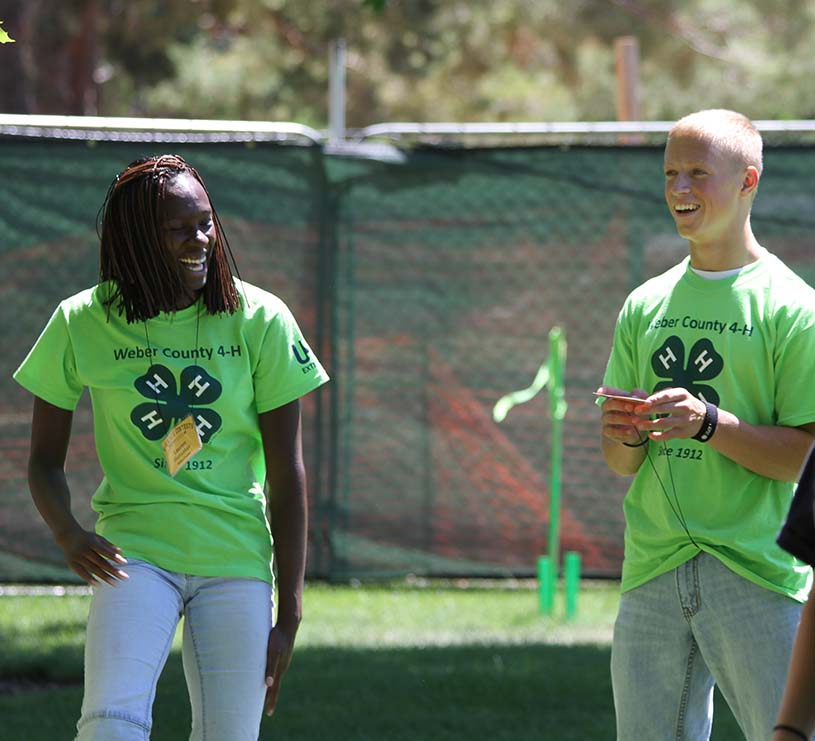
4-H University
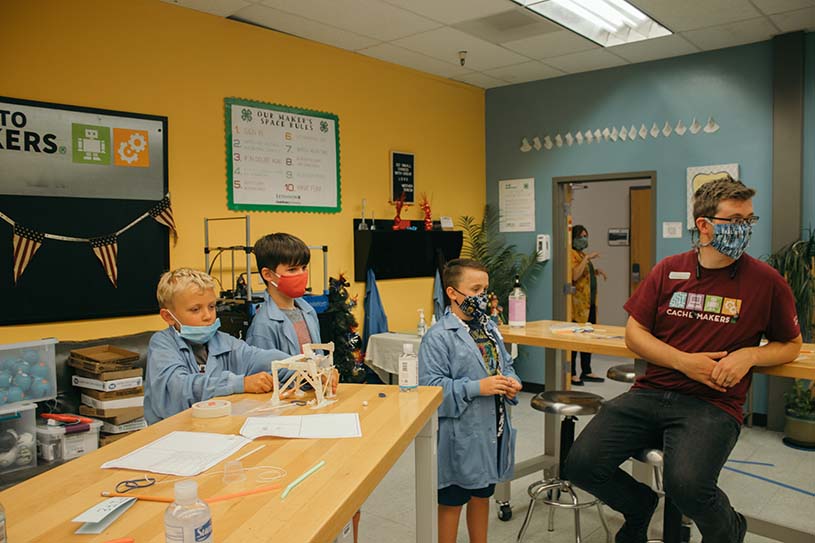
Since 2018, Utah 4-H has brought over 160 youth to Utah State University’s main campus to learn about topics that enhance opportunities for post-secondary education. Youth participate in hands-on experiences tailored to their current 4-H interests that are taught by USU instructors. Every year, USU instructors have donated a combined 20 hours of their time and lab space to facilitate college and career readiness activities for 4-H members. During their campus experiences, youth have flown flight simulators and drones, completed product design processes, extracted DNA from fruit after touring animal cloning facilities, and learned about becoming entrepreneurs by studying financial statements.


 Utah 4-H & Youth
Utah 4-H & Youth